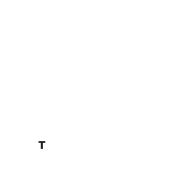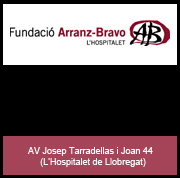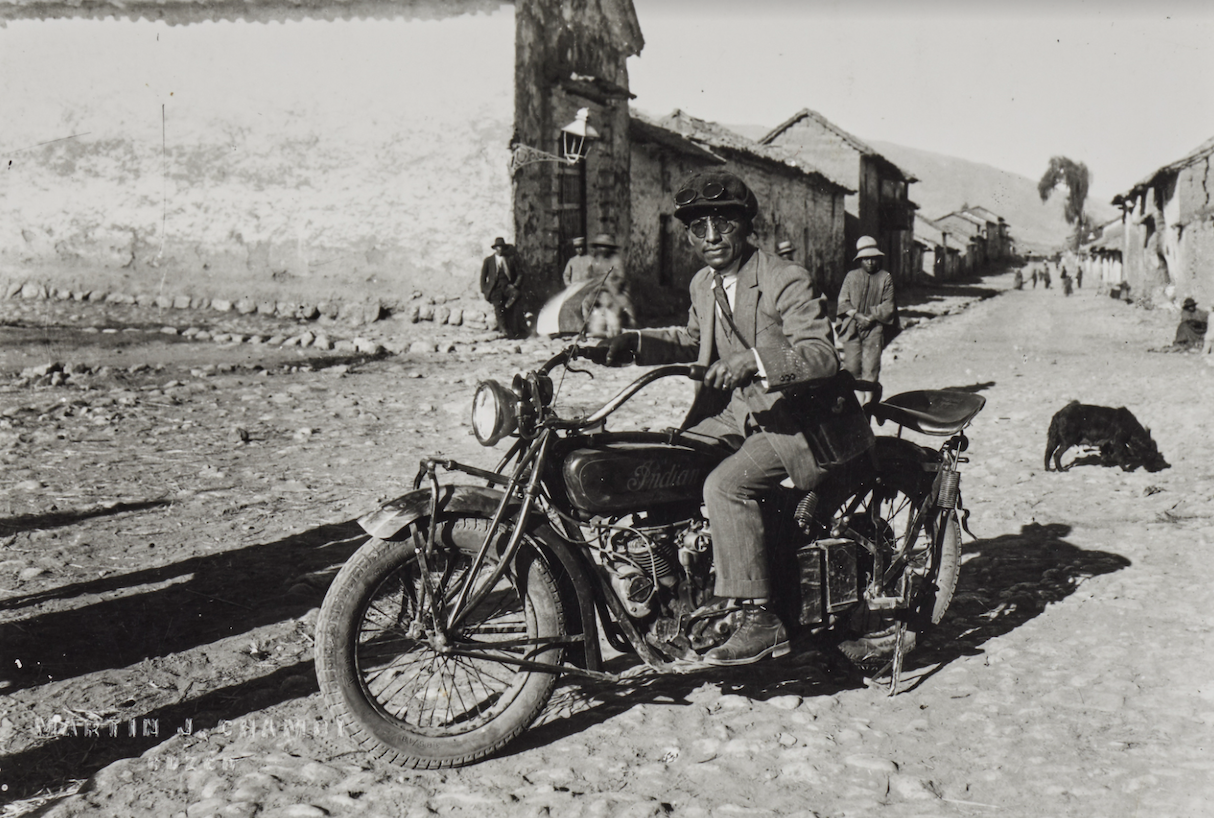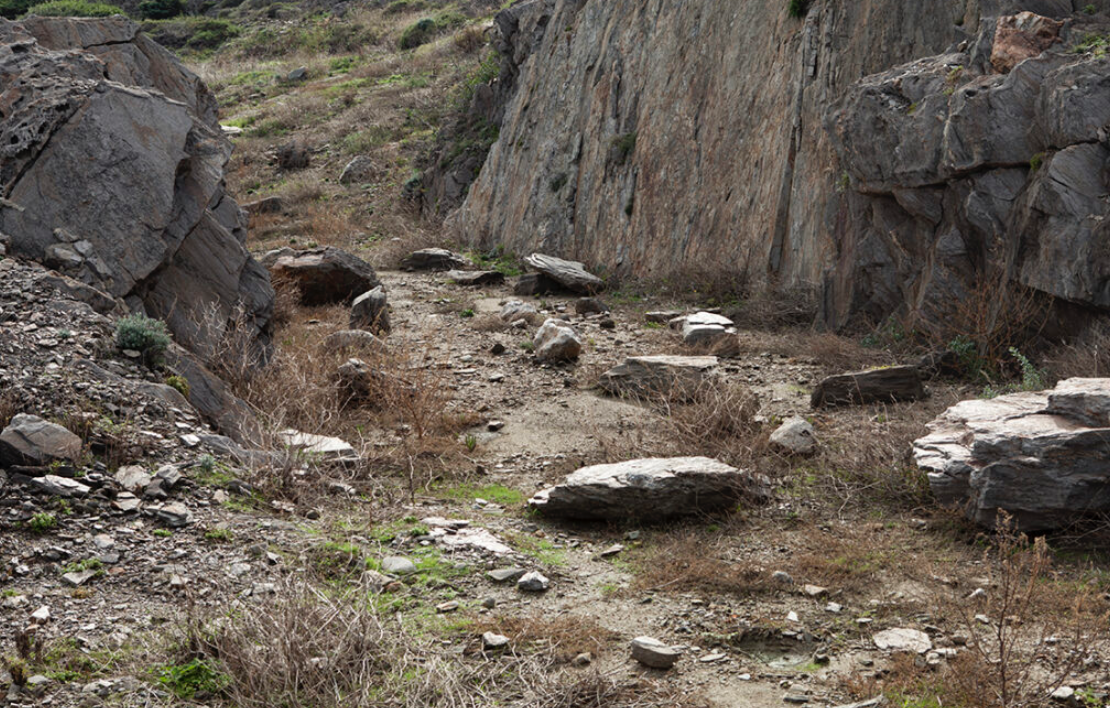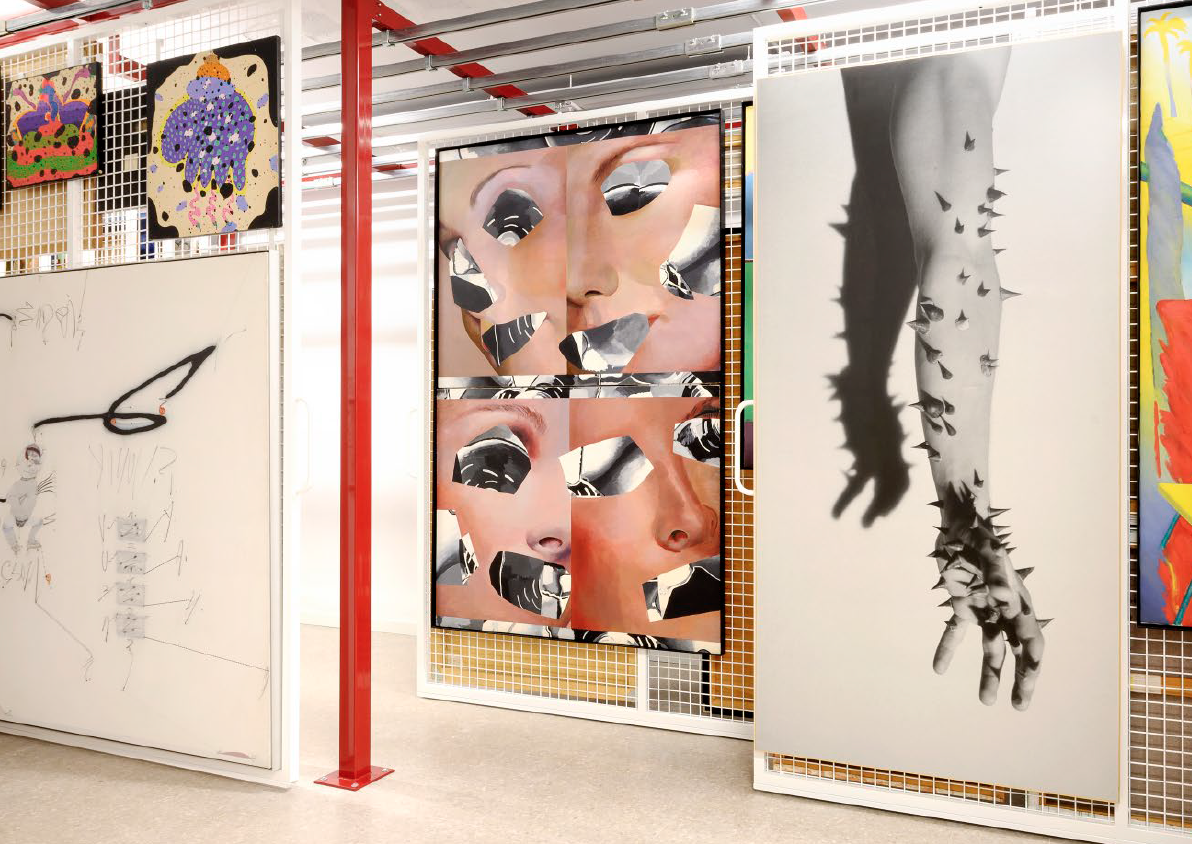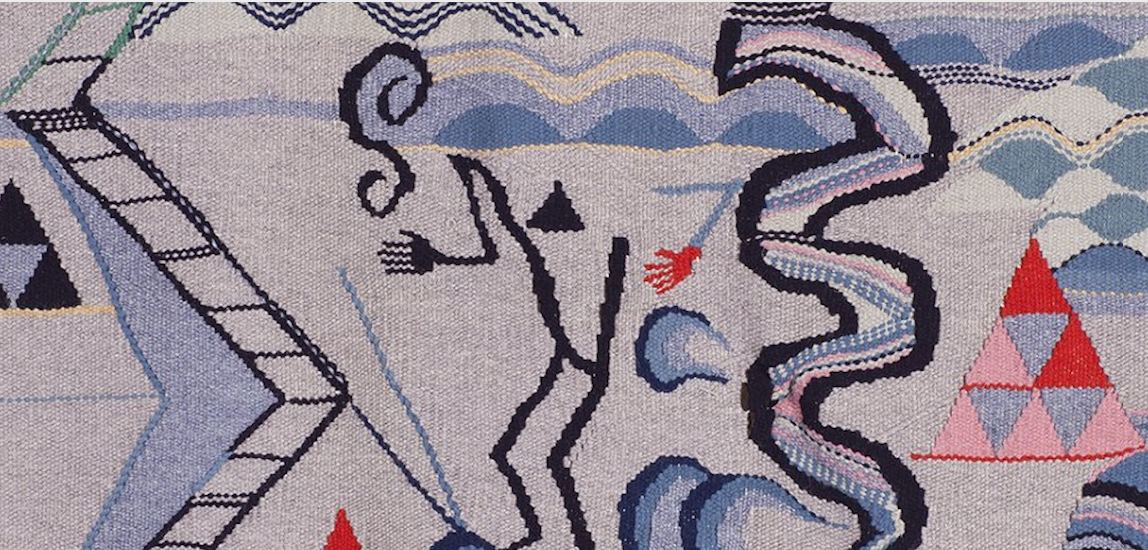Exhibitions
"Francesc Tosquelles. Like a sewing machine in a wheat field" at the CCCB
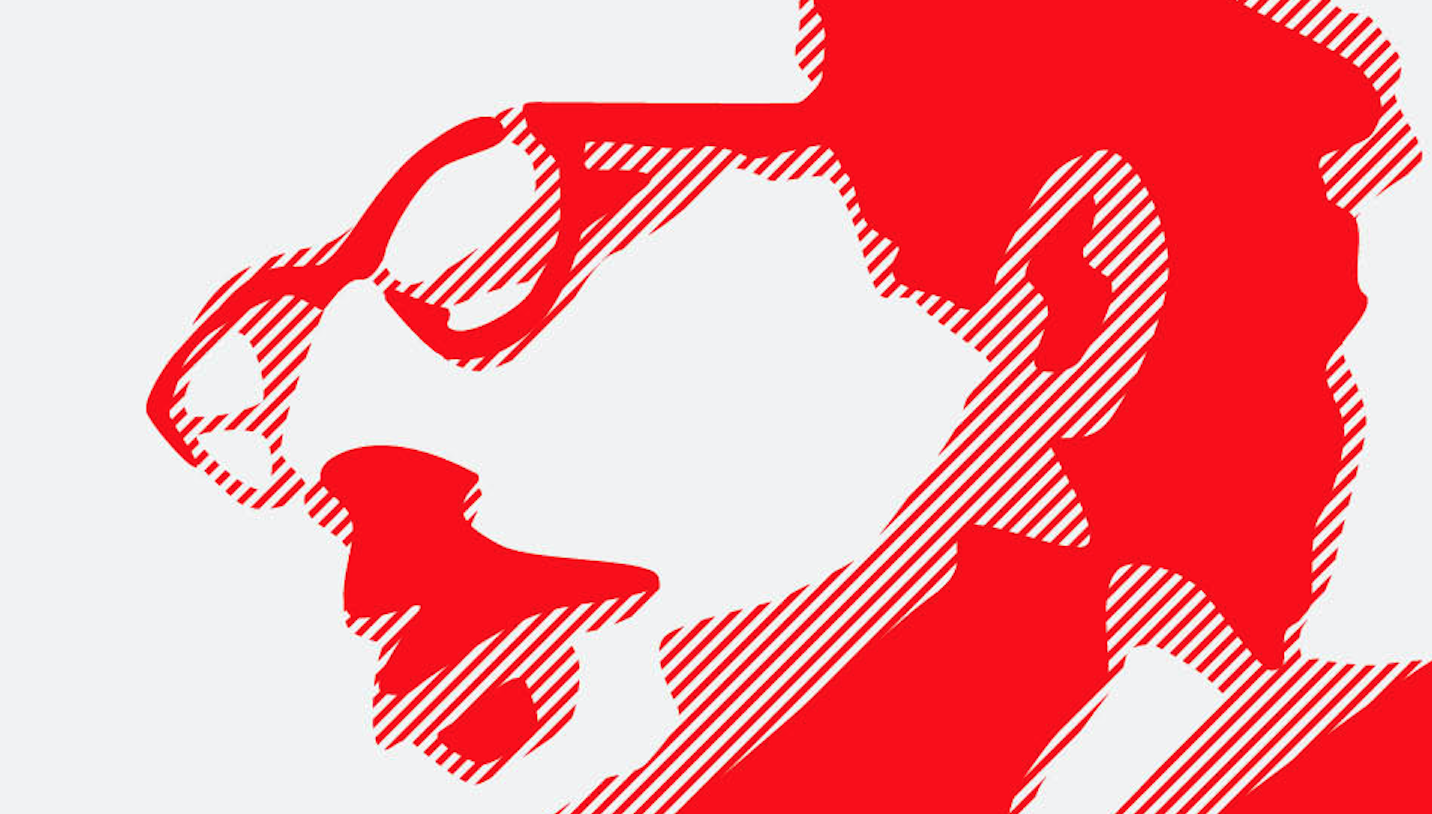
The Center for Contemporary Culture of Barcelona (CCCB) presents the Francesc Tosquelles exhibition from 8 April to 28 August. Like a sewing machine in a wheat field. The project is the result of a research process developed by art critic, teacher and researcher Carles Guerra and research led by literary critic and professor at the University of Barcelona Joana Masó, which has been funded by the Private Foundation Mir-Puig and has led to the publication of the volume Tosquelles. Cure the institutions (Arcadia), recognized with the City of Barcelona Prize for Essay, Humanities and History 2021.
Francesc Tosquelles. As a sewing machine in a wheat field highlights the figure, work and political and artistic environment of a psychiatrist who revolutionized the medical practices of his time and who passed on an innovative and amazing cultural legacy, unknown to most. Francesc Tosquelles set out to address the social roots of mental illness and to transform the psychiatric institution.
Francesc Tosquelles (Reus, 1912 - Granges d'Òlt, 1994) was trained in the political and cultural experience of the Mancomunitat de Catalunya i la República. After fighting on the Aragonese Front and in Extremadura during the Civil War, he had to go into exile in France in 1939. From the Sètfonts concentration camp and, above all, at the psychiatric hospital in Saint-Alban (France). ), Tosquelles revolutionized the operation of the psychiatric center with a practice that linked politics, clinical experimentation, and culture.
The sanatorium of Saint-Alban became a refuge for avant-garde artists living with inmates, farmers, nuns, doctors and nurses. Tosquelles opened the psychiatric hospital to a multitude of artistic practices, thus fostering the social bond of the sick and humanizing the lives of thousands of patients. He pioneered the introduction of self-management tasks, commissions, and patient clubs; training for caregivers; experiments with theater, film, and writing; creation of mural newspapers and internal newspapers; introduction of printing presses or occupational therapy workshops.
The exhibition invites you to take a chronological itinerary through the life and work of Tosquelles. The oral testimony of the Reus doctor accompanies the visitor as he talks about the topics that interested him: the peasantry, Stalin, the fear that madmen arouse in psychiatrists and so many others. The exhibition presents an extensive selection of films, unpublished historical and documentary materials, surreal avant-garde works and objects produced by patients at the Saint-Alban Hospital, from the Lausanne Collection of Raw Art and 'other private collections.
Paul Éluard, Gérard Vulliamy, Tristan Tzara, Joan Miró, Antonin Artaud, Henri Michaux, Brassaï and Léon Schwarz-Abrys are some of the artists present at the exhibition, which also features contemporary and newly created works, such as a film. film by Mireia Sallarès and interactive installations and pieces by Alejandra Riera, Roger Bernat, Angela Melitopoulos, Maurizio Lazzarato and Perejaume.



